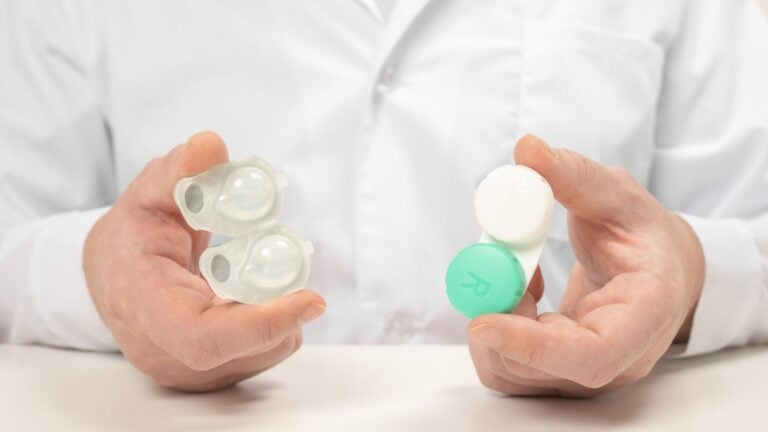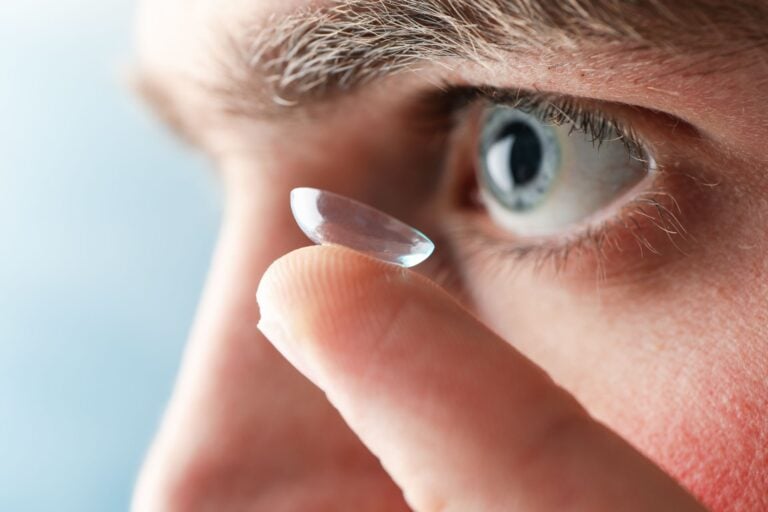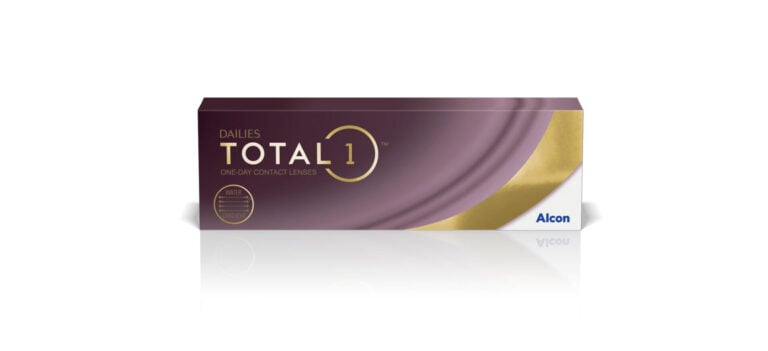
The Sea Shepherd Conservation Society & its Cause

Paul Slusher
CEO

50,000 whales were killed since 1986. That’s almost 5 whales everyday. Murdered for profit over the past 30 years. How is this still a THING? Someone has to do something.
Despite the ban on commercial whaling (hunting for commercial profit) in many countries, Japan, Norway, and Iceland still continue to brutally spear our marine friends. The ban was created in 1986 by the International Whaling Commission (IWC) when it became apparent that the whale population was dropping at an alarming rate. Great! Right? Still, over 50,000 whales have been killed since then because of loopholes in the ban that are utilized by these nations that seek to continue to slaughter these beautiful sea animals. One of these outrageous loopholes is the fact that the IWC allowed Norway to continue on with the whaling because of an ‘objection’ to the ban.

No one likes to think about the whales, dolphins, and other beautiful and intelligent animals of the sea that are killed needlessly. Still, most people prefer to close their eyes and ignore the atrocities that are happening. They would rather not consider it all in fact. However it IS happening, and someone has to do something about it. Why? Not only are they killing the most intelligent and social beings of the sea, but in doing so they are messing with the natural balance that nature has in place.
But there is good news (sort of). Someone is doing something about it everyday. That someone is out there, right now, struggling to stop the illegal killing of whales.
The Sea Shepherd Conservation Society (SSCS) is our group of the month here at Contactsforless.ca and there are strong reasons why we feel that they need your support.
The Sea Shepherd’s primary mandate is to assume a law enforcement role as provided by the United Nations World Charter for Nature. They have been avid protectors of marine wildlife since 1977 but the battle has not been an easy one. Today, SSCS founder Captain Paul Watson is considered a hero to some and a “dangerous” eco-activist by others. His story truly is a fascinating one.
Captain Paul Watson was always a protector of the wild. At the tender age of nine, after trappers killed one of his beaver friends, Watson set out to confiscate and destroy leg-hold traps. He was also known to disrupt deer and duck hunters, and to prevent other boys from shooting birds. Later in life, Paul became one of the co-founders of Greenpeace, and founded the “Earth Force Society” which later created the idea for Sea Shepherd. All he set forth to do was to protect the marine mammals that help keep our ecosystems at balance. So, in order to make more of an impact, Captain Watson was able to get support from the Cleveland Army of Funds for Animals to give him his first vessel which was named Sea Shepherd.
“If the whales survive and flourish, if the seals continue to live and give birth, and if I can contribute to ensuring their future prosperity, I will be forever happy.” – Captain Paul Watson
His first mission set sail to the ice foes in Eastern Canada which was home for the annual killings of harp seals. From then on, he set sail to help various different experiments which harmed marine wildlife. From finning to seal hunting and whaling, Captain Watson remained a big impact in the animals’ lives, despite the danger it put him in. You can read his full biography on The Sea Shepherd’s website.

The battle to keep animals safe comes with a price for the crew: risking their safety and their lives. They will stop hunters no matter what. Often, the crew gets arrested by the police during their peaceful missions. Removing nets and exposing brutal captures and slaughter of dolphins to the public isn’t something Japan is okay with and so the crew is often threatened by police to stop what they are doing. Japan seeks to continue these slaughters despite both a global ban and widespread condemnation! They call it “cultural” but we prefer to call it “arrogance”.
Other times, it is ship vs ship; while The Sea Shepherd tries to stop other vessels from harpooning whales and other sea creatures, the crew are often blasted with water jets from the other ships and risk being pushed overboard, or worse. Many a times, their attempts to stop the hunters are dangerous, yet they push through and continue their efforts despite the risks to life and limb.

Out of all the missions that The Sea Shepherd has tackled, there has been an ongoing battle with Japan and their need to keep whaling for experimental and traditional purposes. Killing over thousands of whales in their sanctuary is unnecessary and cruel. A quick fact worth mentioning is that there has been no proof of experiments to justify Japan’s actions. Japan should know, as should other countries, that harming whales, who have a huge positive impact on the marine ecosystems, can be detrimental in the long run of our Earth’s balance. They need to understand that if tradition is the reason behind all of their experiments, our Earth’s marine ecosystem will face havoc sooner than later. And that’s good for no one except perhaps the restaurants making profits from the sale of slaughtered whale.
“You don’t walk down the street and see a woman being raped and do nothing. You don’t walk down the street and see a kitten or a puppy being stomped to death and do nothing. You don’t walk down the street and see a child being molested and do nothing.” – Captain Paul Watson
If the decline in marine population keeps going at this rate, our air won’t be so fresh anymore. Blue whales are key to helping the oceans’ ecosystems thrive. Their feces help produce what’s called phytoplankton, which is what helps remove carbon from our air. Roughly 400,000 tons of air is taken from whale feces and whaling is reducing that amount substantially. This is why it is so crucial to keep the whale species alive. Without them, a negative domino effect would occur from sea to land.
Sea Shepherd fights everyday to stop this action on top of more. Many believe their actions are controversial, but let’s be honest; without those controversial encounters, the natural cycle for our Earth would shift and cost all of us our home… and possibly life itself.
Help support Sea Shepherd Society and their journey to keep our marine life stable and content. Go to https://www.seashepherd.org/ and donate to help provide funding to be able to tackle missions like Japan’s whaling. And remember that when you purchase your contact lenses with ContactsforLess.ca, 51% of our profits go to the non-profit organisation of your choice.
One of them is The Sea Shepherd Conservation Society and we urge you to support this great non-profit group and their super important efforts. Yes, the battle is long, arduous, and difficult, but our Planet is worth it. We think you agree. That is why you buy from Contactsforless.ca
Sources List,
whalingecosystems.weebly.com
Seashepherd.org/
animalplanet.com
Wikipedia
Get access to exclusive subscriber-only promos!
Be first to flash sales and other exciting deals!


 US website
US website


